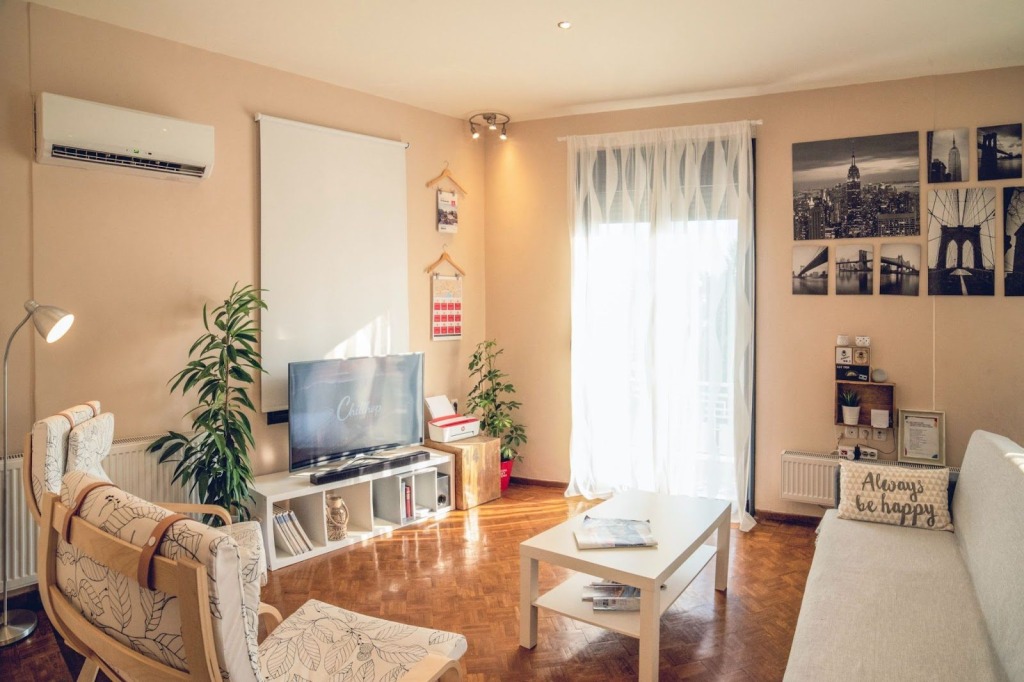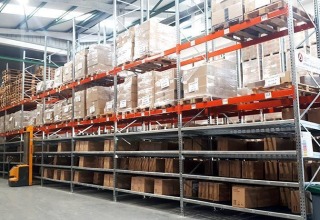Are you currently searching for apartments for rent or planning to move into a new rental home? If so, knowing the actions you should never take as a tenant is essential. Making mistakes that lead to legal consequences, strained landlord relationships, and financial loss is avoidable. Tenants should avoid damaging the property, ignoring safety hazards, and engaging in other improper behaviors.
When navigating the rental market, it’s important to have access to reliable information and resources to make informed decisions. Listing websites like Rentler can be invaluable in this regard. Rentler provides a comprehensive platform where tenants can find detailed property listings, browse through photos, and access essential information about the rental unit and its amenities. Additionally, it includes helpful tips and guidelines for prospective tenants, including advice on responsible renting, lease agreements, and tenant rights.
In this article, we’ll discuss the top things you should never do in a rental home and offer advice on how to avoid these missteps. Whether you’ve been through the tenant screening process multiple times or are a first-time renter, this guide is a valuable resource.

Damaging the Property
Damaging the property violates the lease agreement and can result in financial liabilities, limited housing options, safety hazards, and disrespect towards the landlord.
The most immediate consequence of damaging rental property is the financial burden it puts on the tenant. Before moving in, landlords typically require a security deposit to cover any damages caused during the tenancy. However, if the cost of repairs exceeds the deposit, the tenant may be responsible for additional costs. In some cases, the tenant may even face legal action and a significant fine.
Moreover, causing damage to the property can also negatively impact a tenant’s ability to secure future rental properties. Landlords and property management companies often screen potential renters, and a tenant with a history of damaging rental properties may find it challenging to secure a suitable place to live.
Additionally, causing damage can create safety hazards for the tenant and other occupants of the building. For example, electrical wiring or plumbing damage could create a risk of fire or flooding. Structural damage to walls or ceilings could compromise the stability of the building, leading to potential accidents.
Also, causing damage to a rental property is disrespectful to the landlord and other tenants. Property owners invest a significant amount of time, effort, and money into maintaining their properties and providing a safe and comfortable living environment for their tenants. Causing damage shows a lack of appreciation and disregard for their hard work.
Avoid late rent payments
Late rent payments can have significant consequences for both the tenant and the landlord.
One of the most immediate consequences of late rent payments is the financial penalties. Late payments typically result in additional fees or interest charges, which can quickly add up and create financial difficulties for the tenant.
Late rent payments can also harm a tenant’s credit score. Landlords may report late rent payments to credit bureaus, which can negatively impact a tenant’s credit score. A low credit score can limit a tenant’s ability to secure future loans, credit cards, and even future rental properties.
Furthermore, consistent late rent payments can cause tension between the tenant and landlord. Late payments can create frustration for the landlord, leading to a breakdown in the relationship between the tenant and landlord. In some cases, the landlord may choose not to renew the lease agreement, leaving the tenant without a place to live.
Late rent payments can also lead to legal consequences. If a tenant consistently pays rent late or fails to pay at all, the landlord may initiate legal action to evict the tenant. An eviction can have severe and long-lasting consequences, including difficulty in securing future rental properties and even homelessness.
Also, late rent payments can cause financial strain for the landlord. Landlords rely on rent payments to cover their expenses, such as mortgage payments, property taxes, and maintenance costs. Consistent late rent payments can put the landlord in a challenging financial situation, which can create further tension between the landlord and the tenant.
Subletting without Permission
Subletting without permission is a serious issue that tenants should avoid when renting apartments for rent. Such actions can lead to severe consequences for the tenant and others in the building.
Subletting without permission violates the lease agreement’s terms, which typically prohibit subletting. This violation can lead to fines or even eviction, leading to a negative rental history for the tenant.
Moreover, subletting without permission can result in legal issues between the tenant and landlord. The landlord has the right to know who is occupying their property, and subletting without permission could result in legal disputes. In such cases, the tenant could face legal action by the landlord.
Subletting without permission also poses security risks to the tenant and other occupants of the building. The tenant has no control over who the subtenant is, and their presence could compromise the safety of other occupants. Unauthorized persons entering the building can cause security issues such as theft, leading to additional risks.
In addition, subletting without permission could lead to financial liabilities for the tenant. The tenant may be held responsible for damages caused by the subtenant, leading to additional costs.
Not Cleaning the Property
Not cleaning the property is a violation of the lease agreement, says Justia. Lease agreements typically require tenants to keep their rental property clean and tidy. Noncompliance can lead to penalties or eviction.
Additionally, neglecting to clean the property can cause damage to the rental unit. Accumulated dirt, dust, and grime can cause harm to surfaces and appliances, leading to additional expenses for the tenant.
Moreover, not cleaning the property can cause health hazards. Dust and dirt buildup can aggravate allergies or cause respiratory issues, particularly for those with underlying health conditions. Also, unclean living conditions can attract pests, resulting in additional health risks.
Furthermore, not cleaning the rental property can harm the relationship between the tenant and landlord. Landlords have the expectation that their properties will be well-maintained in order for renters to become ideal tenants. Not doing so can damage the tenant’s relationship with their landlord.
Allowing Unauthorized Guests to Stay
Unauthorized guests can cause damage to the property, leading to financial responsibilities for the tenant. More individuals staying in the apartment increases the risk of property damage, and the tenant may be held accountable for any damage caused by unauthorized guests.
Secondly, allowing unauthorized guests to stay in the apartment can pose a security risk to the tenant and other occupants of the building. Strangers staying in the rental home can compromise the safety of the tenant, making them feel insecure in their own space. Moreover, unauthorized guests could cause disturbances, leading to complaints from neighbors and even legal action.
Also, allowing unauthorized guests to stay in the rental home can violate the lease agreement’s terms. Most lease agreements specify restrictions on the number of people who can occupy the apartment, and allowing unauthorized guests to stay would breach these rules. Violating the lease agreement’s terms could lead to fines or even eviction.
Furthermore, allowing unauthorized guests to stay in the rental home can create insurance issues (source). If an accident occurs where an unauthorized guest is injured, the tenant’s insurance may not cover the damages. It could also lead to higher insurance premiums for the tenant in the future.
Making Excessive Noise
Excessive noise can disturb neighbors, causing complaints and even legal action. Most lease agreements contain noise restrictions, and breaking these rules can lead to fines or even eviction. Additionally, excessive noise can create tension between neighbors, leading to negative impacts on community relationships.
Moreover, excessive noise can pose safety hazards. Loud music or other noise can distract drivers and cause accidents, endangering pedestrians and drivers. Similarly, excessive noise from construction or home repairs can cause safety hazards for tenants and other occupants of the building.
Excessive noise can also negatively impact the tenant’s quality of life. Prolonged exposure to loud noise can lead to disrupted sleep, increased stress levels, and physical health problems. It can also reduce productivity and make it challenging to focus on essential tasks.
Allowing Pets without Permission
Pets can cause damage to the rental property that can be expensive to fix. Scratches on walls, damaged carpets, and chewed-up furniture are all common issues that can arise when pets are allowed to roam freely in rental homes.
Permitting pets without permission can also lead to legal liabilities for tenants. If a pet bites someone on the rental property, the tenant can be held accountable for any damages, resulting in expensive lawsuits and legal fees.
Additionally, allowing pets without permission can violate the lease agreement, which can lead to legal penalties, including eviction.
Last Updated: May 24, 2023




















